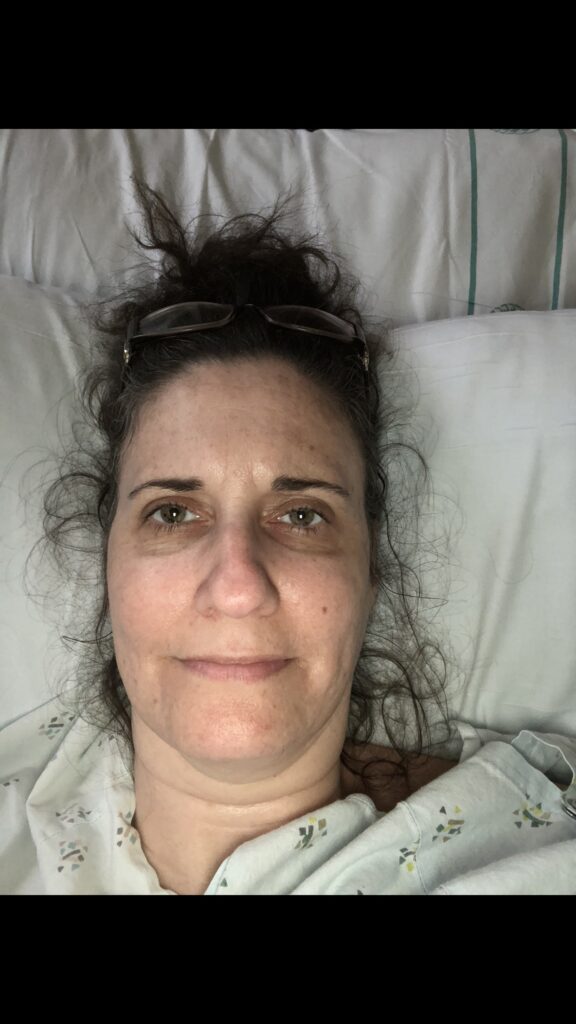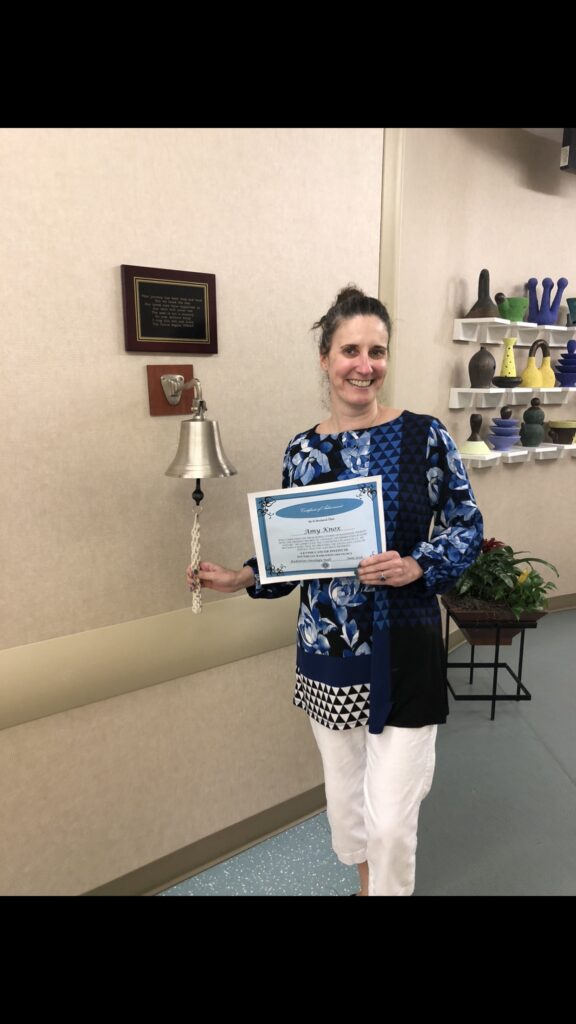It takes a village.
When someone you care about is dealing with cancer it is hard to know what to say or do. Cancer brings on all sorts of emotions and stressors from depression to anger, to concerns about finances. Remember, cancer goes well beyond just the patient and affects friends, family, coworkers and other acquaintances. Fact is cancer can make you feel pretty low! Although no cancer journey is the same, we can all benefit from support, and sometimes it takes a village. Here are some ways to reach out and support others fighting cancer.
Meals – One of the first things I think of when I want to help support a cancer patient or a family going through a major life event is organizing meals. It’s a nice way to make life easier when times get tough. Meals don’t have to be home-cooked; restaurant delivery, snacks and gift cards work too.
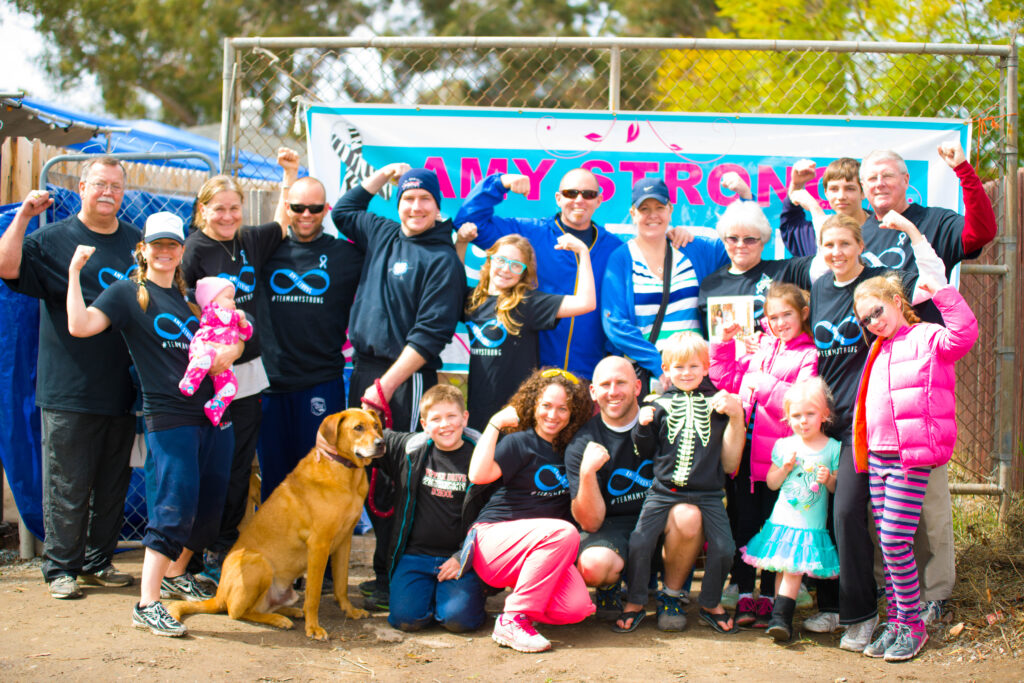
Financial Support – Let’s be real, cancer is expensive! Cancer means lots of medical bills and lost time at work. A quick and simple method to raise funds for someone with cancer is to use a crowd-funding platform. There are many to choose from and they only take a few minutes to set up. Crowd funding is a great way to tell your story and rally the troops. Financial support goes a long way, even if you don’t think you need it now, you might need it later and if you don’t, you can always pay it forward.
Emotional Support – People with cancer may feel stressed and overwhelmed. Asking for help is not easy for everyone, REACH OUT! Volunteer to decorate for the holidays, grocery shop, babysit kids, start a ride sharing program to get your friend/loved on to their appointments or simply schedule time to sit and visit. Believe it or not the simple gift of TIME means a whole lot!
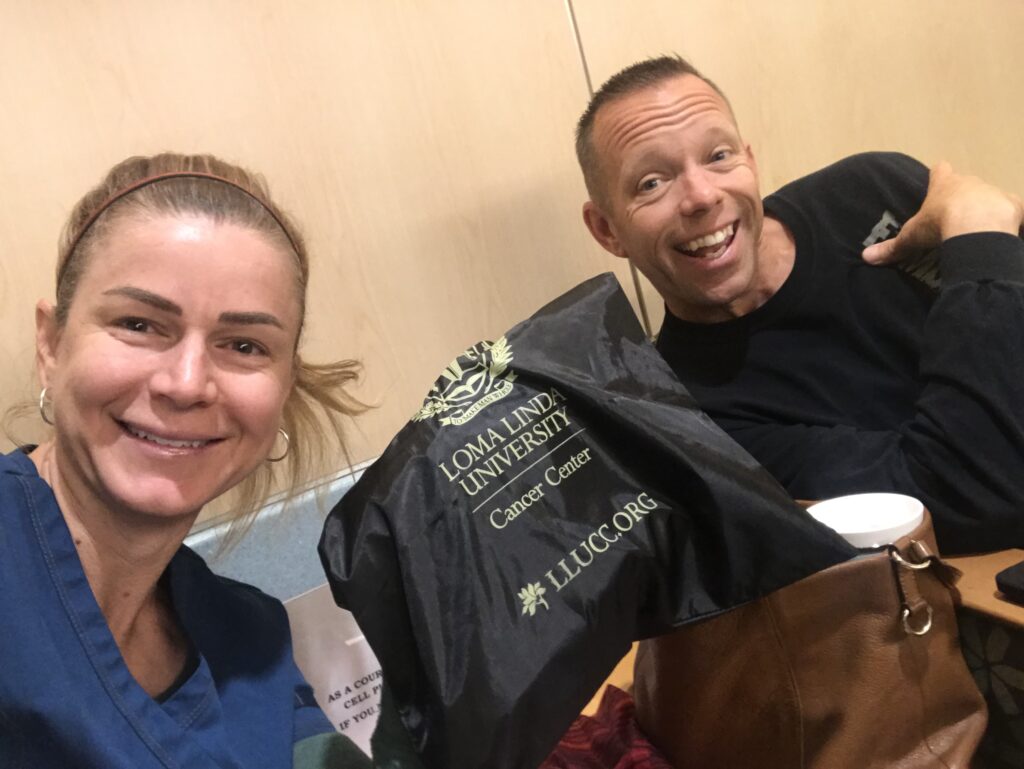
Another way to help someone cope with cancer is to offer encouragement. Encouraging a loved one to join a support group and to stay active can provide an emotional boost. Simple notes and cards of encouragement give a personal touch. Gift baskets, blankets, journals and books can bring comfort. A little joy and laughter provides a distraction from pain and anxiety about the future. As you can see, a little positivity goes a long way.
Patient Advocate – Advocacy is not for everyone but I’m sure we can all agree navigating insurance and the medical field can be a nightmare! Having someone on your side that acts as a patient advocate is essential. This person helps coordinate care, schedule appointments, speak with insurance companies, researches treatment options and can explain complex medical diagnoses. Whether this is a loved one, friend or professional with knowledge of the healthcare system having extra support helps the cancer patient feel empowered and reduces feelings of isolation.
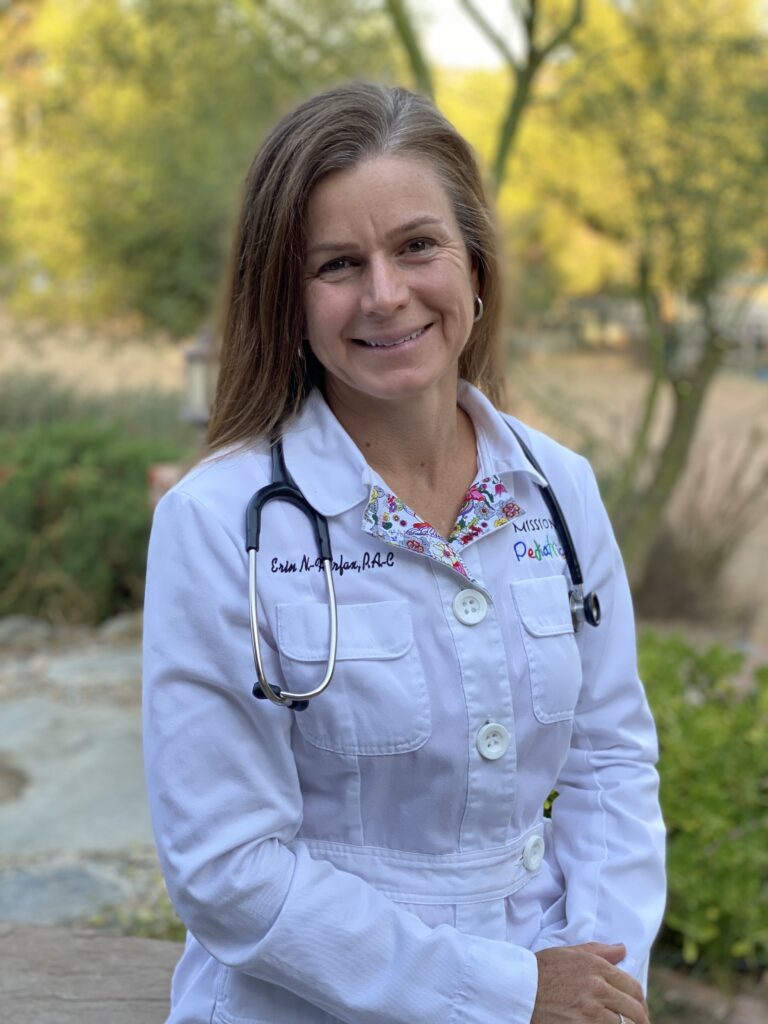
You don’t have to have all the right answers or advice but being there and reaching out makes a difference. Everyone, especially cancer patients want to feel loved and cared for. So, no matter what you choose to give, know that your TIME is appreciated.
If you are a cancer patient or a caregiver, it’s okay to ask for help. We already know that cancer gave you super powers but believe me, having support makes those bad days manageable.
Mostly, cancer takes a village.
Erin is a Cervivor diagnosed in 2018. She was also a cancer caregiver to her sister who passed away in 2014 from neuroendocrine gastric carcinoma. Erin works in healthcare and is passionate about prevention and education. In her free time she enjoys art, running, spending time with her family and caring for her many farm animals. Learn more about Erin by reading her Cervivor story.
